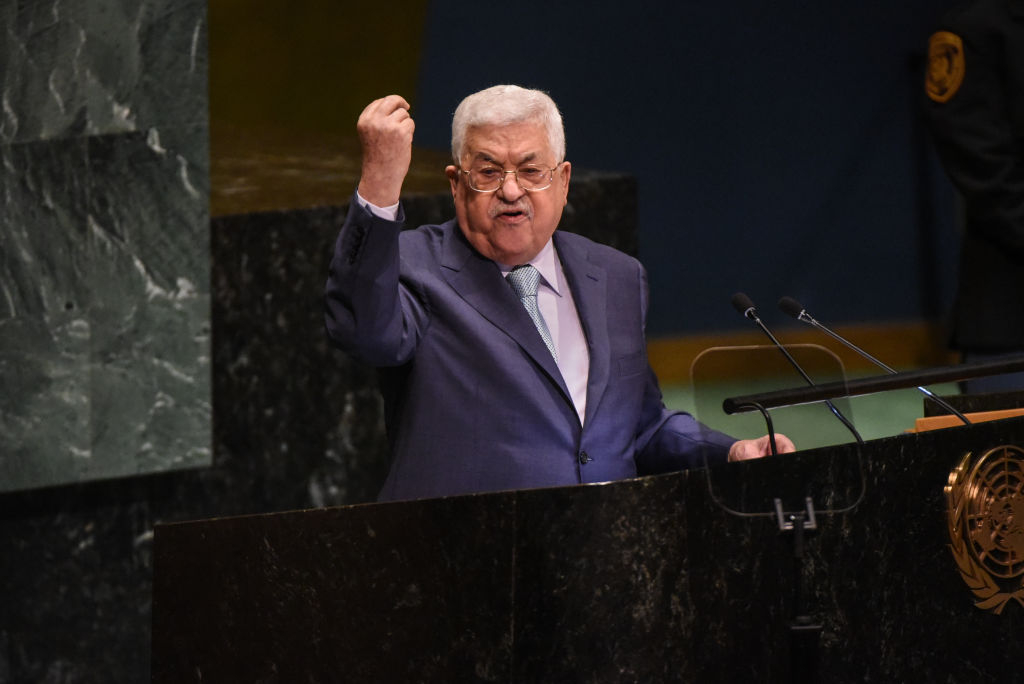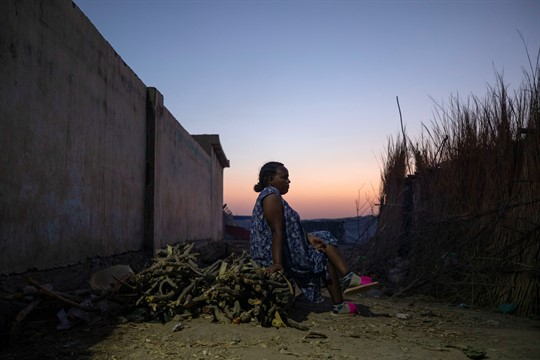Palestinians: US Taxpayer Money Going to Terrorists

The memo, however, does not specifically say that the renewed US funding would be conditioned on ending the Palestinians’ “pay-to-slay” program. Instead, the Biden administration is only seeking a “commitment” from the Palestinian leadership to end the stipends.

